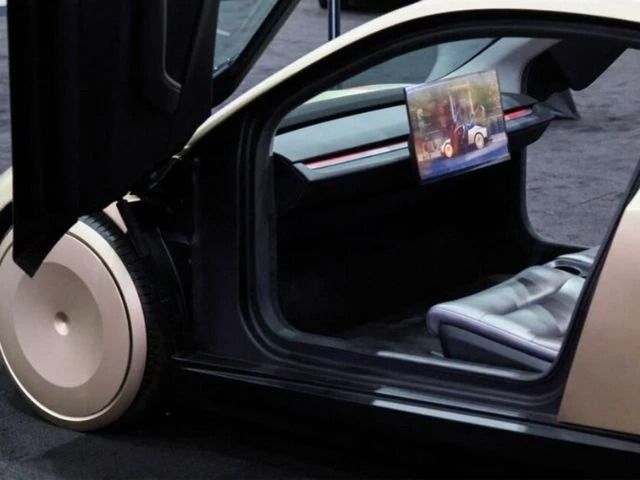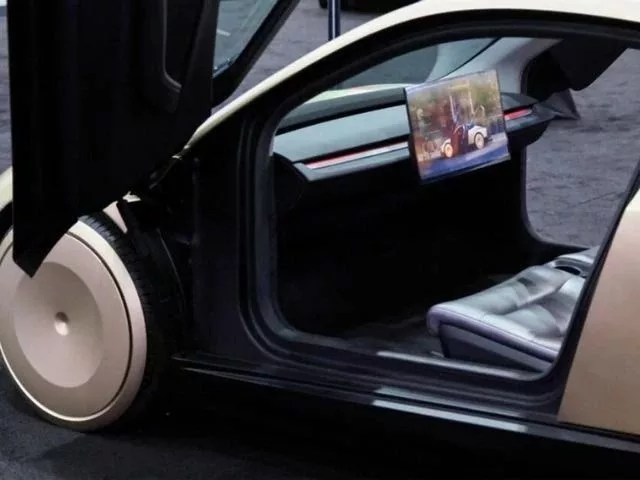
By Alimat Aliyeva
Tesla is set to resume shipping components from China to the
United States by the end of May to support the production of its
upcoming Cybercab and Semi truck models, according to a source with
direct knowledge of the matter, Azernews
reports.
This decision follows a recent U.S.-China agreement to roll back
most tariffs and countermeasures, signaling a significant easing in
trade tensions after high-level talks in Geneva.
The move is expected to have an immediate impact on
manufacturing and supply chains for American companies that rely
heavily on Chinese imports.
Tesla had previously halted its shipment plans after former
President Donald Trump raised tariffs on Chinese goods to 145%,
which threatened to disrupt production schedules for the Cybercab
and Semi models.
The tariff truce, announced on Monday, paves the way for trial
production of the Cybercab in Texas and the Semi in Nevada, both
set to begin in October. Mass production is targeted for 2026.
The Cybercab is Tesla’s upcoming autonomous electric vehicle,
designed without a steering wheel or pedals. It is intended to be
part of a robotaxi service, with the car expected to be priced
under $30,000. Tesla is currently seeking state-level approvals to
deploy the service across the United States.
Meanwhile, the Semi, Tesla’s electric truck, is also scheduled
to begin scaled production in 2026, with deliveries expected to
start for high-profile clients like PepsiCo.
The source emphasized that the situation remains fluid due to
the Trump administration’s unpredictable stance on trade. Tesla has
declined to comment on the matter.
CEO Elon Musk has been a vocal critic of tariffs and has lobbied
Trump to ease trade restrictions, citing delays in the import of
critical equipment needed for U.S. factory expansion. Tesla’s CFO
Vaibhav Taneja also mentioned that tariffs had negatively affected
the company’s capital investment plans, hindering its ability to
scale production efficiently.
Tesla’s decision to restart shipments from China highlights the
complexities of global supply chains in the high-stakes world of
electric vehicles (EVs). With increasing trade tensions between the
U.S. and China, companies like Tesla must continuously adapt to
evolving political landscapes. The Cybercab and Semi models
represent a major leap forward for Tesla in terms of autonomous
driving and electric commercial vehicles, two of the most exciting
frontiers in transportation today.
Tesla’s focus on affordable autonomous vehicles could not only
revolutionize personal transportation but also reshape urban
mobility, particularly with the planned robotaxi service. If
successful, this project has the potential to drive down the cost
of ride-hailing services and pave the way for broader adoption of
self-driving technology. However, the unpredictable nature of
international trade policies remains a major challenge for
companies like Tesla, which are heavily reliant on global supply
chains. The ability to navigate these risks could be as important
as technological innovation in securing Tesla’s place in the future
of transportation.








